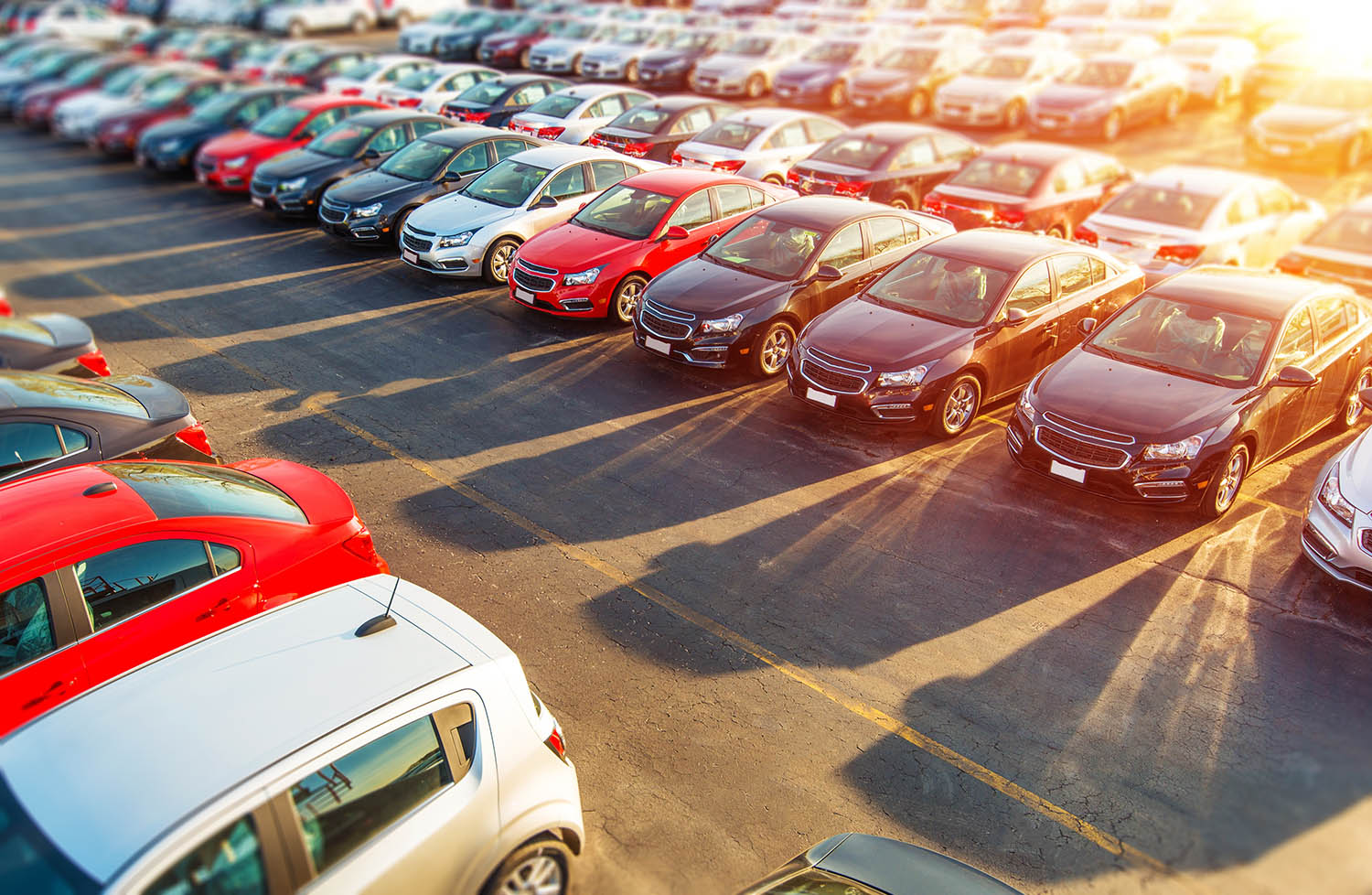Is 2023 a Good Time to Buy a Car?
2022 was a nightmare for many car shoppers. Will 2023 be any different?
 Getty Images
Getty Images
Article QuickTakes:
For many in the car industry, "challenge" was the operative word in 2022. Manufacturers, for example, struggled to find critical components such as computer chips, leaving vehicles idle on the production line. This situation contributed to historically low new-vehicle inventories, which in turn helped send transaction prices skyrocketing.
Then, as the year rolled on, the U.S. Federal Reserve attempted to pump the brakes on inflation by raising interest rates, helping send lease rates higher and higher. Ultimately, an unusual convergence of market forces meant that although plenty of consumers wanted to buy new vehicles, not all of them were able to.
In a nutshell, there was too much demand and not enough supply.
Will the Car Market Improve This Year?
According to industry analysts from Cox Automotive and J.D. Power, some automotive market conditions are likely to improve in 2023, but perhaps not enough to trigger radical change.
"We certainly do expect the market to get better than it's been," says Tyson Jominy, vice president of data and analytics at J.D. Power. "Worst-case scenario is that things continue as they are. Toward the end of the year [2022], we've seen a modest turnaround in pricing, a slight benefit to consumers."
"This past year was challenging not only to forecast but for the industry to manage," adds Cox Automotive Chief Economist Jonathan Smoke. "As we look forward into 2023, we see one set of challenges being replaced by another. We expect the year ahead to be one of transition, as both the consumer and the industry move past the remnants of a global pandemic and set a new course for mid-decade growth."
Will New Cars Become More Affordable?
Both analysts see supply-chain challenges improving over the year, leading to more favorable inventory levels for the consumer. While Smoke believes new vehicle production capacity "will not return completely to pre-pandemic levels in the foreseeable future," he does predict increased production levels compared with last year, in addition to more vehicle options for 2023.
"In this industry, we like to say that cars need every part on them to be built," says Jominy. "The chip issue seems to be coming to a conclusion, but any one thing that goes down could bring down the entire operation — it's paint, wiring harnesses, tires, the Blue Oval on your Ford."
Availability is one thing, but affordability is something else altogether.
Smoke makes no bones about it. He sees vehicle affordability as the most significant challenge facing buyers in 2023. "Elevated retail prices and high auto-loan interest rates combined to produce record monthly payments in 2022. … More of the same is expected in 2023, as the automakers increasingly cater to the new-vehicle market with more expensive products."
The folks over at J.D. Power have a slightly different take. "There are certainly unpredictable things that could happen," says Jominy, "[but] as inventory increases, we do expect dealers to begin discounting, and we do expect incentives from automakers."
His firm predicts incentives could go from 2% of the manufacturer's suggested retail price (MSRP) to 8% by the end of the year. Dealer margins could drop from 6% to 2%. If this happens, it will result in a 10% cheaper vehicle for the consumer.
Will Used Cars Become More Affordable?
The experts land on the same side of the ledger on this point: Used-car values will decline over the year. "After historic value increases in 2020 and 2021, followed by above-average depreciation for most of 2022, used-vehicle values are likely to see another year of above-normal depreciation, especially in the first half of 2023," says Smoke.
While our other analyst agrees on this point, he's unsure whether the consumer will come out on top. "The used-car market will improve; new vehicle sales will help alleviate the record pricing on used vehicles," says Jominy. "Tough to say whether it's a net positive or negative for consumers because the trade-in equity goes down at the same time."
But Jominy maintains that used-car prices will settle at a high level and won't slip to pre–COVID 19 prices. "The three-year lease is the backbone of the used-car market. It used to be at 30%, and now it's 17%. Consumers are buying the old vehicles off-lease because it's the best deal on the market." Jominy sees the used-car market declining through 2025 given what's happened with leasing.
What About the EV Market?
Some new EVs — including the Hyundai Ioniq 5, Kia EV6, and Ford F-150 Lightning — may have been difficult to find recently. Still, even though EVs have more tech than non-electric vehicles, both analysts predict EV availability will improve in 2023.
"We'll see more options, the delays will come down a bit, and there will be greater EV adoption at various price points," says Jominy. "The Inflation Reduction Act eliminates the volume cap, so it provides a stable planning mechanism for carmakers to bring in more vehicles."
Cox Automotive predicts annual EV sales in the U.S. will surpass a million units for the first time in 2023. Smoke sees expanded product availability, shorter wait times, and an overall feel-good news forecast for the improving EV market.



